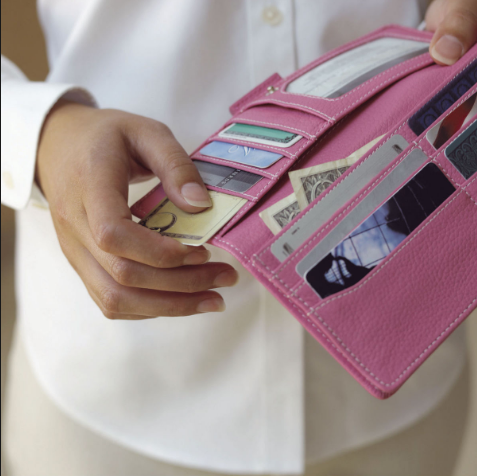Easy financial tips to get on track

Money is something that individuals usually need more of but frequently find in short supply.
People worry about money.... a lot. According to the YouGov poll for the Institute of Financial Planning and National Savings and Investments in Great Britain, nearly two-thirds of respondents worried about their finances, with 43 percent saying they worried about money "more often than not." Things aren't much different in the United States, where a recent survey from Lincoln Financial Group showed that 53 percent of respondents worried about having enough money for retirement.
Taking charge of personal finances may seem like a difficult undertaking, but you don't have to make drastic lifestyle changes to grow your savings. Try these tips to save more and live a more financially-conscious life.
- Keep financial records. It's hard to determine your financial standing if you do not prioritize record-keeping. Find a method that you can stick with consistently. Some people prefer old-fashioned bookkeeping with pen and paper, while others may like the convenience of software and mobile apps. Having financial matters clearly visible in black and white can show a clear picture of how much money is coming in and how much is being spent.
- Explore auto-withdrawal and deposit. Many financial institutions offer several services to customers that can make banking and money management easier. You can set up a savings account and have money automatically deducted from your paycheck and deposited into this account. Even small deposits add up over time. You also can arrange for automatic bill pay so you don't have to worry about accruing late fees for missed payments. Check with your bank or credit union about these types of services.
- Put a change jar in your house. Change might not be popular, but it is money. Having a jar or bucket in a location of the house where you set your wallet or purse may encourage you to save that loose change for something larger. Place loose change in the jar and watch it add up. Some banks have coin-counting machines, which can make it even easier to cash in your change.
- Sign up for shop-and-earn programs. Everyone from credit card companies to major retailers offer incentives to repeat customers. These include cash-back or other perks for a percentage of the money spent on purchases. These programs equate to built-in discounts and can help you squirrel away even more money without making a conscious effort.
- Consider investing. Investing can put your money to work in exchange for a return. There are many different types of investments available. If you are an investing novice, work with a financial planner or broker who can help you find a level of risk you are comfortable with.
- Pay off debt. The earlier you can get rid of outstanding debt, the better. Put money toward high-interest loans and credit cards so you aren't paying so much in costly interest charges. Afterward, you can start saving in earnest.
Learning to take charge of personal finances early on can set you on a course for financial stability throughout your life.
